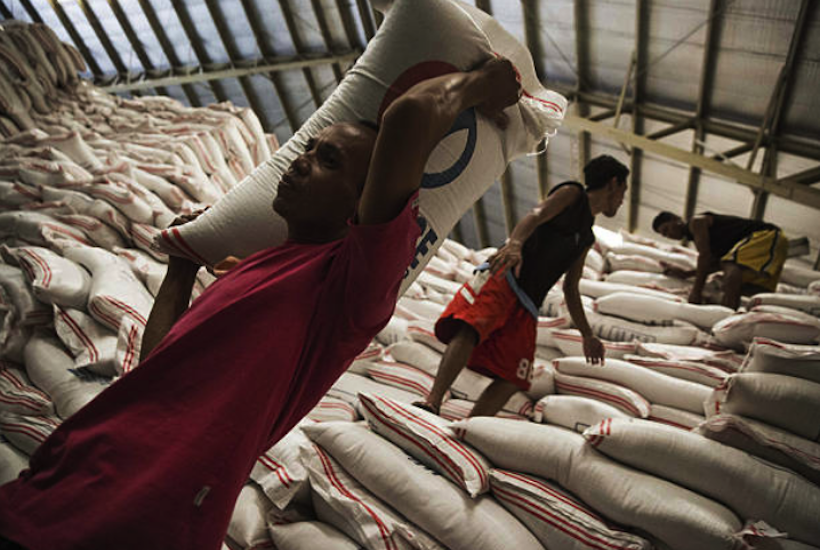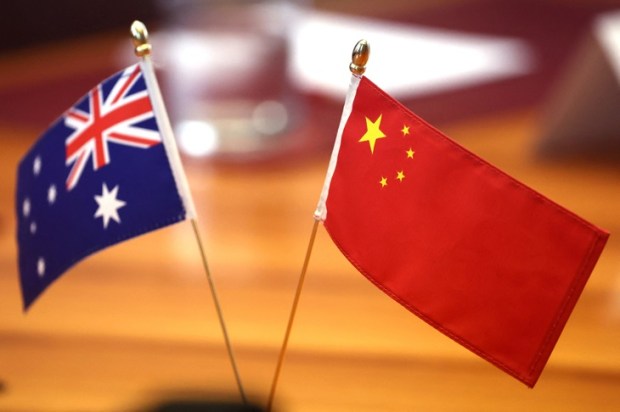What are our obligations to the global community? Most Anglo-western countries have generous foreign aid programs that compulsorily ‘share’ wealth collected from working families and businesses with poorer, disadvantages countries. It’s a moral obligation which is bound within our Judaeo-Christian heritage, but enshrined in law.
Foreign aid makes us feel better – like we have made a difference to others countries and communities less fortunate than our own. That is, until we recognise the collateral damage it causes here at home when we can’t afford to properly help those of our own in desperate need. Within every country handing over the collective hundreds of billions of dollars in foreign aid, no one can deny that many, even millions, of their own citizens are similarly so downtrodden and disadvantaged that they too need help just to survive day to day.
Who honestly thinks that we can afford to look after everyone? Someone is always going to miss out and every decision will bring repercussions. So foreign aid continues to be a contentious political issue. Many are angry, knowing our politicians write cheques for hundreds of millions of dollars to go to foreign governments that have no allegiance to us, while we have desperate needs right here at home.
Don’t get me wrong, a world littered with starving orphans, impoverished communities and war-ravaged cities is nothing short of terrible – help is always needed (even though it never seems to fix very much). We cannot escape the exclusively human emotion of compassion within us.
But whatever we do, it will never be enough; yet we still have that moral obligation. The sting in the tail of the current system is that we take finite taxes and preference needs overseas rather than needs here in our community. Is there a better solution than global socialism?
Why do our governments impose their definition of morality by burdening the working class to aid “some random country we know nothing about,” whilst turning a blind eye to many desperate needs of those within our own gates?
Many demand that our leaders spend more on foreign aid. But those same people would undoubtedly rebuff calls to take food from their dinner table to give it to the poor. Can I suggest a solution that uses the capitalist methodology to achieve a benevolent foreign outcome?
I say that we can have our cake and eat it too, pretty much. And it’s not even that radical, but it sure as heck is better than borrowing money to pay for billion dollar cheques written by our foreign minister.
Want to know what my solution is? It’s simple: Foreign aid should only be given as Australian goods and services.
Let’s break that down – Economics 101:
Government reaps in taxes from us and that’s never going to change; spend taxes allocated to foreign aid to buy goods we make right here. Aid can then be given as those goods instead of pure cash which streams out of the country, spiralling down national resources. A foreign aid budget ploughed back into our economy to purchase goods grows the economy with the knock on societal and money multiplier benefits (wealth, employment, business and investment) – resulting in more tax generated to provide for domestic social services on top of the benefit from boosting the private sector.
Quite simply, foreign aid can have a hugely beneficial side effect for our economy.
In that way, foreign aid can be considered a domestic production economic stimulus package. Just think about that.
Instead of handing over $100 million cash to the new Afghani government; buy 10 million tonnes of grain from Aussie farmers and send that. See, it’s not that difficult. Maybe I better get into wheat farming.
To all the naysayers crying out, “You can’t build schools and hospitals with a boat load of wool and wheat,” I say you are wrong. Give me 1,000 tonne of fine Australian Merino wool and any trader worth half their salt could quickly trade that to build you a school and a hospital and start a clothing factory with 100 staff. Hand over the equivalent $25 million in cash and I bet you not a single new school is built.
To those that suggest this is a puerile method of taking a food-stamp system to the world when cash is really needed, you really have to ask – how much benefit did those Clinton Foundation-esque “cash for favours” type deals benefit those that need it, after leaches who suck the blood out of aid programs get done.
It’s a sad running gag: just how little international assistance ever actually helps those in need – and not just because of the do-gooders that seem to accumulate massive personal wealth. When a country is so corrupt and politically destabilised that it becomes destitute, why would you want to hand over obscene amounts of cash? Let’s give another $550 million to Indonesia while it spends $11 billion a year on its military! Let me tell you, it’s harder to siphon off a few thousand nor’wester cattle than charging $10 million in “administration fees”. Maybe I will get into cattle farming too.
So what can a foreign government do with a mountain of Australian produce? Easy. They can consume it, distribute it, trade it, or develop their own related industries. Treat it like cash or convert it into cash. On second thoughts, let’s use a little bit of that foreign aid budget to buy Australian commerce and industry expertise. Export our knowledge too. The alternative is to remain stupid and keep blindly handing over money don’t have, which could help so many of our own citizens who are in desperate need.
Here is the bottom line: we most certainly can meet our international (and moral) obligations to help those in need; just do it with our commodities. Everyone wins.
Got something to add? Join the discussion and comment below.
Got something to add? Join the discussion and comment below.
Get 10 issues for just $10
Subscribe to The Spectator Australia today for the next 10 magazine issues, plus full online access, for just $10.


























Comments
Don't miss out
Join the conversation with other Spectator Australia readers. Subscribe to leave a comment.
SUBSCRIBEAlready a subscriber? Log in